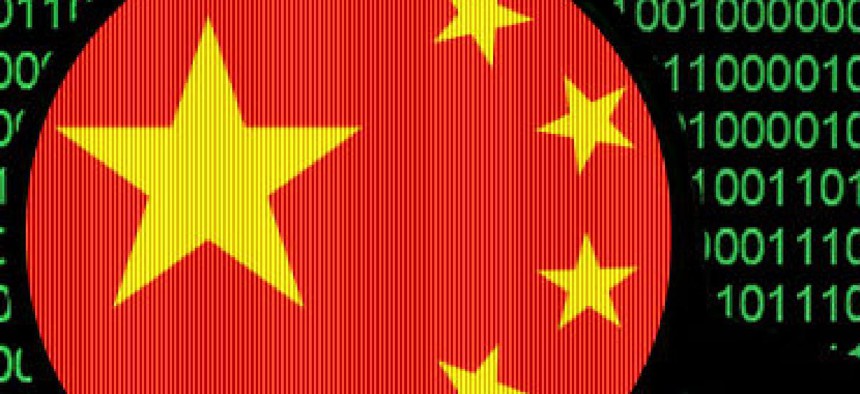China making steady gains in cyber, military IT

Report to Congress warns that stolen U.S. intellectual property is bolstering Chinese capacity for "network-centric warfare."

China has made steady gains in military IT and has stolen U.S. intellectual property related to “key national security technologies,” the Pentagon charged June 5 in an annual report to Congress.
Beijing has “used its intelligence services and other illicit approaches to collect sensitive U.S. information and export-controlled technology in violation of U.S. laws and export controls,” the unclassified report said.
The Chinese defense industry is also tightly integrated with the country’s civilian science and technology sectors, which has helped the military develop source code, avionics, and information and cyber-technologies, the report said.
The findings come amid rising Sino-American tensions related to information security. The Justice Department last month indicted five members of China’s People’s Liberation Army on cyber-espionage charges. Beijing responded by canceling a bilateral dialogue on cybersecurity and, through state-run media, denouncing tech giants like Google and Apple as “pawns” of the American government.
Beijing has leveled its own accusations of cyber-espionage at Washington. China’s main Internet security agency said in March that a large portion of cyber-attacks against the country's computers in 2013 originated in the United States.
Like the U.S. military, the PLA’s strategic goals are increasingly based on controlling information, whether in cyberspace, outer space or elsewhere, the Pentagon report said.
“Almost all of the PLA’s 2013 exercises focused on operating in ‘informationized’ conditions by emphasizing system-of-systems operations, a concept that can be viewed as the Chinese corollary to U.S. network-centric warfare,” the document said. China’s investments in advanced electronic warfare systems and computer network operations reflect this priority, the report added.
The report involved the departments of State, Homeland Security, Energy, Commerce and Treasury, the intelligence community, and the National Security Council staff, a senior defense official said.


